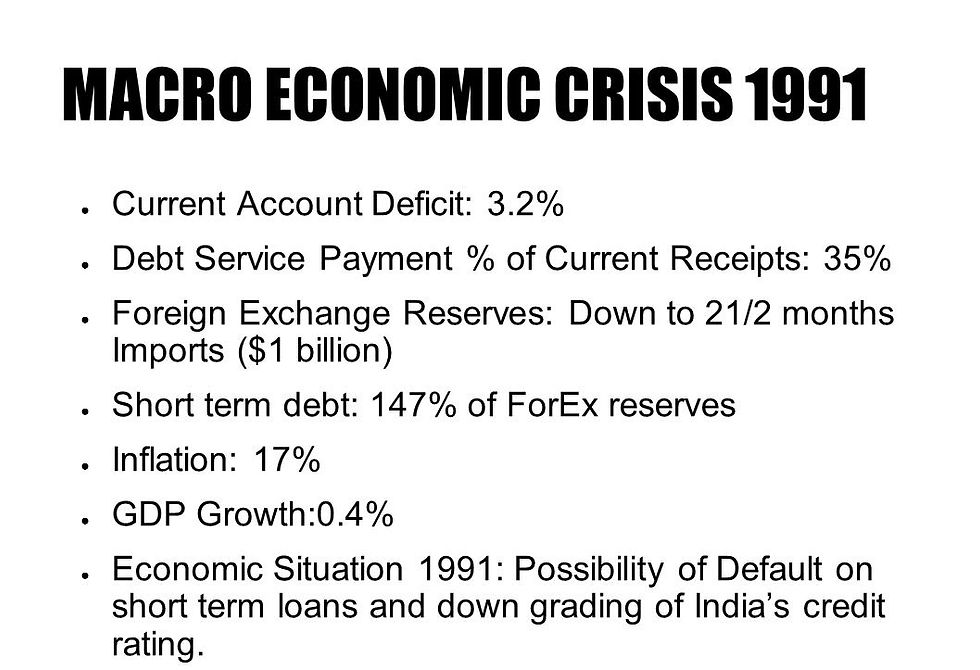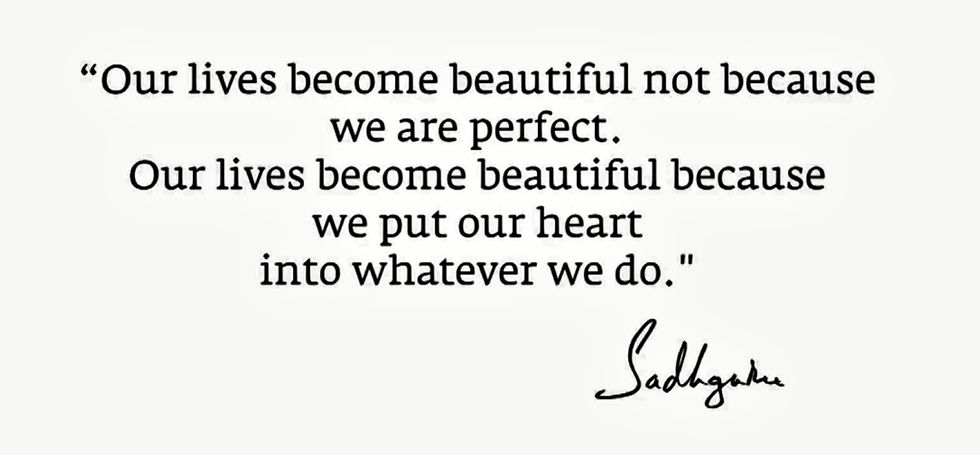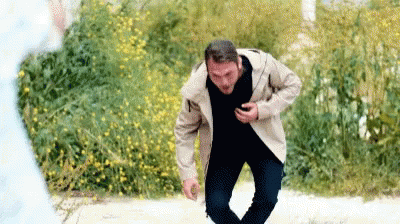Passion vs Parents
- Shubham Naik

- Jul 9, 2020
- 5 min read
Updated: Jul 20, 2020
Yesterday, I happened to converse with a close friend of mine. A 3 am friend, if you will! He was sharing his predicament harboring along the lines of this topic. Without even realizing we happened to have a heart to heart over it.
I am 99% sure every Gen Z Indian has faced this choice at some level. An absolute Sophie's Choice. In this investigative post, I hope to arrive at some semblance of an intellectual truce between the two.
Let us first look at 'Passion'. The word itself. Googling will give you something like: an intense desire or enthusiasm for something. I think we can agree on this as the most relevant meaning of the word. Herein, we shall consider passion in terms of a career choice. But rest assured, I shall be dispassionate in my analysis (pardon the humorous undertone).
In today's world, the advent of media is playing a really important albeit unconscious role in influencing the psyche of the Indian youth. There are many layers to it. Many clichés go around social media about 'following your passion'. Bollywood is capable of conveying strong social messages to the youth (Swades, Rang de Basanti, Matrubhoomi). But of late, the commercial movies showing indiscriminately excess glamour and comfort in the lives of those following their passion, are a far cry from reality (SOTY, SOTY2, oh the torture).

Real life isn't bad. But it is important to have perspective. In fact when I searched, I found the use of 'passion' itself to be a cliché. When you really think of it, in a desi sense, we use passion quite interchangeably with 'unconventional career choices'.
Bear with me. Let us understand where our parents' generation is coming from. Assuming one of the elder members of Gen Z (born 1995), let us consider the parents' generation, born in the 60s, 70s. It is quite likely that they had a direct experience of the precursors and the consequences of the 1991 economic crisis. I would highly recommend you to follow the hyperlink. I imagine it would have been a time where sustaining their very livelihood would have been a hardship. Businesses must have gone haywire and financial stability must have been the only pursuit that really mattered.

Didn't see that coming. Did you? In fact even I wasn't aware of this before starting the post. It is no wonder that until very recently Indian parents have been borderline lustful about Government jobs owing to the hangover of that crisis. My dad started off as a public servant in the 80s at Rs. 500/ month which is almost equal to Rs 10,000/ month of today. And that was considered a great job. It is important to acknowledge that the economic well being of the country has increased substantially since then and our generation will not be able to fully appreciate it.
But the liberalization that pulled India back from the economic abyss also brought the obsession about Engineering as a profession (interesting read). It is tough to pin point exactly when it started; it might have been earlier in the 70s when India’s socialist focus was on building state-owned factories, and engineering was one profession which guaranteed a job. The bottom-line is, we are suffering a false sense of security by pursuing engineering.

I wonder whether there's a more psychological explanation to it. There were obviously thousands of engineers/ doctors when our parents' generation was growing up. And they saw them having great careers (definitely most of them). But I am sure it did not mean that they cruised through life. Because that is humanly impossible. Simultaneously, a lot of engineers/ doctors may have had extremely tough career progression. It is just that our parents may not have known their experiences. Because, well, not many people like to share failures. Our parents probably benefited from an internal feeling of security over the course of time rather than externally favorable events. Survivorship bias (article linked) is a very real thing and I am sure many of us experience it without even realizing.
Aspiring any profession other than medicine/ engineering leaves Indian parents perplexed. The range of choices has grown to include unconventional career options including photography, fashion designing, social media influencing, humanitarian work (NGOs), which may not have a well defined trajectory. Their generation has toiled hard to ensure that we don't have to do the same. If you think deeply enough, you cannot dismiss the idea that it is their hard work which ensures us freedom to even consider unconventional careers. But ironically they aren't able to quite see anything beyond the familiarity of their own experiences. In my opinion, it also aligns with Maslow's Hierarchy of needs.

Our parents' generation has spent its peak years addressing basic needs. Now, only towards the fag end of their professional careers, they have gotten to addressing their psychological needs. But most people of our generation will begin their careers at the lower tier of psychological needs. Our progress towards the top tier of self actualization should be significantly faster. Hence, we feel free to talk about 'passion'.
All the explanation above isn't to deride our generation's sense of passion. No one can deny the fact that we need passion within society. The greatest achievements are the result of unbridled passion. Be it our Independence from the British or Einstein's Theory of Relativity or the Music of Mozart. I am sure you cannot become the Prime Minister of a country without passion. But we need to expand our idea of passion. So that we do not look up to or look down upon any profession. It takes every mother immense passion to care for her child with unwavering love throughout her life.
Now, significantly equipped, let us imagine a typical Indian situation:
Along with enviable academic laurels, a young man has an inclination to become a Wildlife Photographer (forgive me for the lack of imagination). He wants to dedicate his life to conserving the beauty of nature. Passion.
His parents, the typical, caring Indian parents. Father, an illustrious government servant. Mother, the quintessential homemaker. Both vehemently opposing their child's proposition. Parents.

In this setting, how does the young man decide between right and wrong?
Passion is not a problem in itself. Only when your passion is an unconventional career option, it becomes one. With the perspective gained so far, I think it's only fair to cut the parents some slack for the overall hardship of life itself. But the young man definitely has or at-least should have flexibility. He definitely stands a better chance to see reason above all.
Before trying to convince his parents, he should convince himself!
What I mean is, it is important not to take any stance. How is it even a decision if he isn't considering the alternative? Generally, when faced with an opposing view, we have a susceptibility to become rigid about our own view. Then, we obstinately try to convince the other person that they are wrong. The young man should seriously consider the possibility that he could be wrong. That somehow his passion doesn't outweigh the pros of his parents' idea of an ideal career. He has to meticulously compare aspects such as the importance of financial stability and familial belonging in relation to the potential impact of his work and the sense of fulfillment that it promises. The parents are not an impediment. Their decades of experience can only help make the decision better.
I know, I know, I haven't gotten to a clear decision. But since this is my post, let me take the high road and say: When the aim is progress, you can transcend every situation, irrespective of the decision. That struggle to do what's right, that indecision, is what brings out the best of life. I owe this post to my friend's commitment to draw a balance between following his passion and respecting his parents. Wishing him the absolute best.
In life, you can choose to be a Nihilist like Morty:
Or an Optimist like Sadhguru:

Either way, enjoy the journey!
P.S. Do share your perspective in the comments section. Also... this is my first time saying this... never thought I would... already hating it...
Like. Share. Subscribe.
I think I just died a little.




Comments